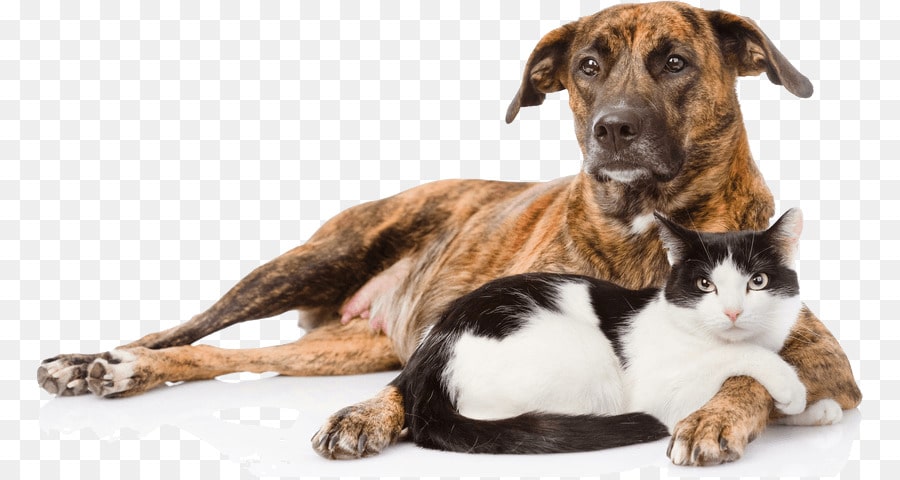Let’s talk about poop. If you’re a dog owner, you probably have a more intimate relationship with poop than you thought you would. One of the great things about picking up after our dogs, is that we get an opportunity to see how their stools are, which offers great information for how well they are digesting their food.
If your dog suffers from chronic loose stools, it could be the food they are eating. Note: if your dog has severe diarrhea or shows other symptoms of being unwell, please see your veterinarian immediately. It’s always a good idea to check with your vet to rule out medical issues before addressing dietary changes. Dogs who eat the same dog foods day after day can develop food intolerances, food allergies or may develop IBD (Inflammatory Bowel Disease). Dogs can also develop Inflammatory Bowel Syndrome, which can also cause vomiting and even a low grade fever.
What’s In My Dog Food That Contributes to Loose Stools?
Ingredients in food that can contribute to loose stools: , unspecified protein or fat sources (labeled as “meat” or “animal,” instead of identifying the protein source), chemical preservatives, artificial colors, wheat, corn, soy. If there’s an ingredient that your dog is allergic to, this will also cause problems. Dogs can be allergic to just about anything, but common ingredients such as beef and chicken are the most prevalent.
What Kind of Food Should I Feed My Dog With Loose Stools?
First, look for foods that don’t contain any of the above ingredients. Most likely, this won’t be found at your local grocery store. The best foods are found at independent pet stores. The other bonus about shopping at an independent pet store is you get the valuable knowledge of the staff there, who may have helped other folks with the same problems.
Next, look for foods with limited ingredients. Foods that use only one protein source and one grain or carbohydrate source make it easier to figure out which ingredient is causing the problem.
Finally, try foods with proteins that your dog has never had before. There are lots of novel proteins out there to try, including Kangaroo, Brushtail and Venison.
How To Switch Foods 
When you have a dog with digestive troubles, the key is to go slow. Switch their food over the course of a few weeks, slowly introducing the new food. If at any time they have trouble, reduce the amount of new food until their stomach settles down. If you don’t notice an improvement after the first few weeks of being on only the new food, try a different protein instead.
For more information on foods with limited ingredients and novel proteins, please visit us at Addiction Pet Foods.












